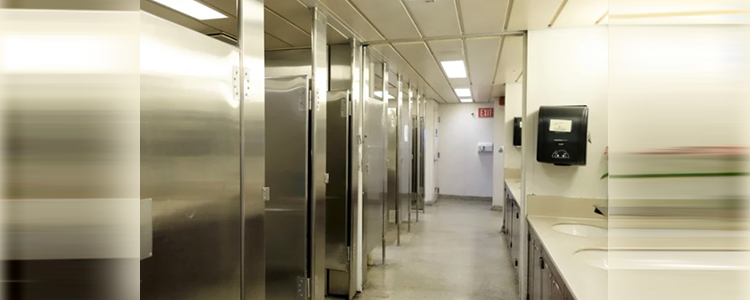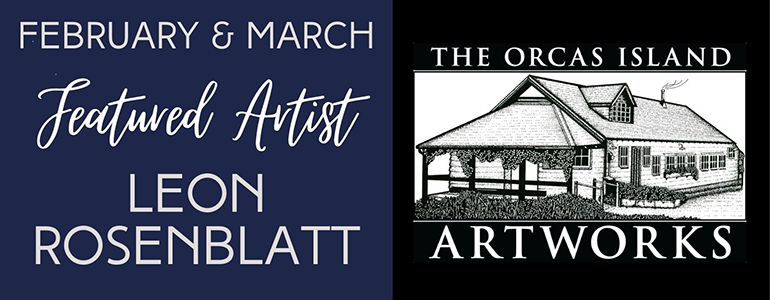— by Phil Peterson —
At his inaugural John Kennedy pledged that America would “pay any price, bear any burden, meet any hardship, support any friend, oppose any foe to assure the survival and the success of liberty.” Our country provides more individual liberty, opportunity and prosperity to its people than any nation ever has. Our rights, too often taken for granted, are given form in our Constitution, but given life by a thin blue line that stands between the darkness and freedoms light.
“I, do solemnly swear (or affirm) that I will support and defend the Constitution of the United States against all enemies, foreign and domestic;” Thus begins an oath shared by all veterans. Our Constitution incorporates principals arising from the age of reason, including the revolutionary notion that sovereignty rests not with privileged elites, but with the People, that freedom is a birthright, not a grant from government. The rule of law, broad tolerance and fair play once served to unite us and set a standard the world envied. Sadly, no more, we rank 18th among nations for rule of law and civility is on life support.
Mr. Kennedy reminded us that “The cost of freedom is always high, but Americans have always paid it.” So as Election Day and Veterans Day both draw near let’s revisit its cost.
Three of my grandparents were immigrants, the fourth a child of immigrants. No long history going back to the Revolution, our first call to arms was in 1917. Following the social norms of the day my dad’s father stayed home with his wife and child. But his unmarried brothers John, Bill and Fred rushed to the colors. Fred was rejected because of an industrial injury, John and Bill went to France. John sent a postcard to my grandad saying “Dear brother no danger where I’m going”. His unit was gassed; he came home an invalid and in 1926, as his lungs failed, died alone in a cabin in the California desert. Fred became a clerk with a major shipping company, gaining knowledge of logistics and the South Pacific while rising in management. In 1942, he was commissioned a Lieutenant Colonel in the Army Transportation Corps. where as a staff officer, he managed the distribution of supplies and material throughout the Pacific theater. The country that didn’t need his injured hand found a need for what was in his head, he was proud to serve.
During the depths of the depression my mom’s brother Don enlisted in the Navy, he was a pitcher on his ship’s team and was discovered as a minor league prospect. In the fall of 1941 his enlistment over, he had 90 days to collect a $500 reenlistment bonus, but things were looking up, Don was going to play baseball! Sunday morning at breakfast he announced “I’m spending $500 dollars today” and then the report on the radio. Next day he took the bus to San Diego, the Navy issued him a Chief Petty Officers uniform and sent him to sea. He spent the next four years ranging across the Pacific from the Aleutians to Okinawa. He injured his arm, never played baseball, never got the $500 bonus and never forgave himself for not being with his buddies at Pearl.
In 1945 a farm boy from Missouri enlisted in the Navy and caught the end of the war in the Pacific, evacuated Americans as Nationalist China collapsed, served in the occupation of Japan, and the “Korean Police Action”. Jack married my dad’s sister Rose in 1949 and retired from the Navy as a Master Chief after a 30 year career that included the Cuban Missile Crisis and concluded with Vietnam.
During the cold war my brother-in-law Tom, a young paratrooper, stood his watch as NATO prepared for Soviet armored divisions to invade through the Fulda Gap. In the 1980’s his son Sean stood watch with the Army along the DMZ in Korea. His other son Tommy was a military spouse, whose wife Tracy faced meager prospects on the Pine Ridge Reservation where she was born, enlisted in the Air Force, was trained as an air traffic controller, stood her watch at NORAD radar screens, retired after 20 years and today works as a civilian controller in the Anchorage tower. Tom’s grandson Alex, a serving member of the National Guard, was in Afghanistan for only five weeks when an IED blew up his vehicle, killing the Sergeant next to him. Alex suffers from PTSD and blames himself for hesitating to shoot the woman who carried the bomb.
The Midwatch is a quiet time from midnight ‘til 4:00am. Most of the crew asleep, the roll of the ship, time to think, to remember the folks at home, to see the stars or the storm – waiting. As 1972 dawned we deployed to WESTPAC returning eight months later after being extended on station in response to the communist “Easter Offensive” in Vietnam. We were met by a band, our families and friends on the pier. Not so outside the Naval Station gate; civility was at a low ebb, we were unwanted, scapegoated by a nation divided by war weariness and hostility. We endured.
President Kennedy’s most noteworthy challenge to “ask not what your country can do for you, ask what you can do for your country” today seems all but forgotten. But those patriots out on Crescent Beach Drive remember, each in turn has stood watch, committed to our Constitution; to equal protection for all, tolerance, inclusion, fair play and yes – civility. So on election day remember Mr. Kennedy’s words and on the following Sunday perhaps spare a moment to remember those who’ve paid a price for your right to vote.
**If you are reading theOrcasonian for free, thank your fellow islanders. If you would like to support theOrcasonian CLICK HERE to set your modestly-priced, voluntary subscription. Otherwise, no worries; we’re happy to share with you.**








That would be pretty moving if describing scenes from a Hollywood movie; that these are real life stories brings it all home. No one likes war; we talk a lot about peace though act against its interest. This human failure means brave men and women stand in harm’s way so that most remain State-side protected by their spilled blood, broken bones and often unmendable hearts. How can we rightly thank someone (often strangers) for the ultimate sacrifice? Perhaps by ensuring that their lives are placed on the sacrificial slab only when truly needed and then by supporting them with all of our resources and without internal conflict once committed. We who stay home will have plenty of time to share equally in the consequences of the world’s imperfect unions. Shame, if any be warranted, is borne by we who failed the young men and women we sent in harm’s way. It’s (self)-Pride that goeth before a fall….not the Pride we feel for those who defend us with their blood. Perhaps that’s how we might reconcile our often righteous demands for “peace” with our human frailty and folly– all while we continue to work for a World without War.
Nice reminder Phil. Hope our politicians are listening.
Thank you for your reminder of all our veterans and how we can make a difference and Vote